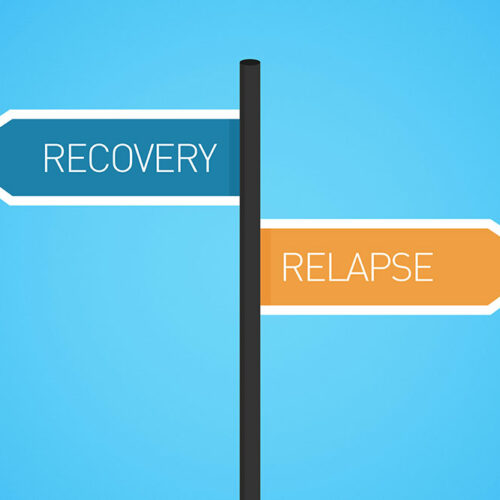5 tips to choose the best ETF funds

ETF or Exchange-Traded Funds are a type of mutual funds that trade in stocks, securities and track various indexes. Exchange-traded funds often invest in a broad range of industry sectors and use various strategies to yield maximum returns. One of the biggest advantages of investing in high dividend ETFs is they have lesser fees than other indexed funds, thereby costing you less in taxes. Although ETFs help in diversifying your portfolio, it is important to choose the right funds that compliment your current investments. Here is how you can choose the right high dividend ETF funds. Consider tracking difference One of the factors that set high dividend ETF funds from other market investments is tracking differences; that is, the difference between ETF performance and index performance. The lower the tracking difference, the better the ETF fund. This ensures that the ETF fund is reasonably priced and trackable. Define your investment goals Identify your investment objectives to pick the best ETFs. Ask yourself if you want to invest in companies with specific characteristics, diversify your portfolio, or find a lower-cost alternative to mutual funds. Furthermore, consider how long you plan to invest. Financial experts suggest not investing if you will need the money within the next five years.






